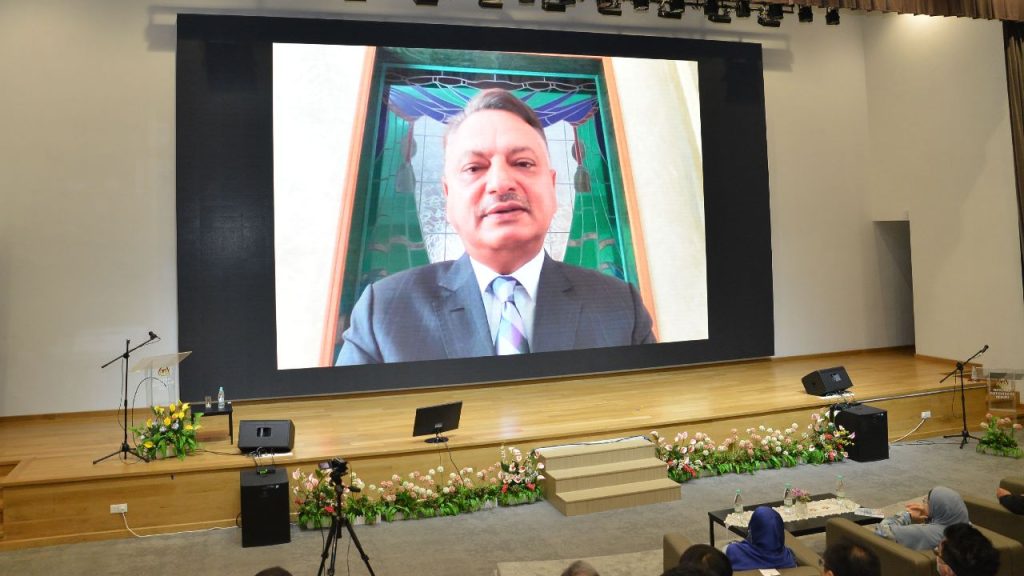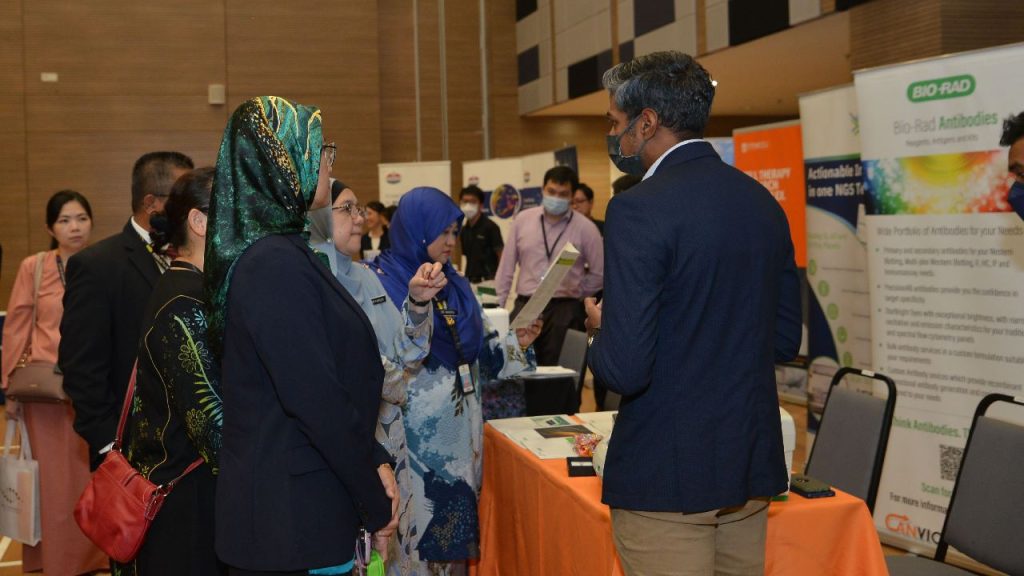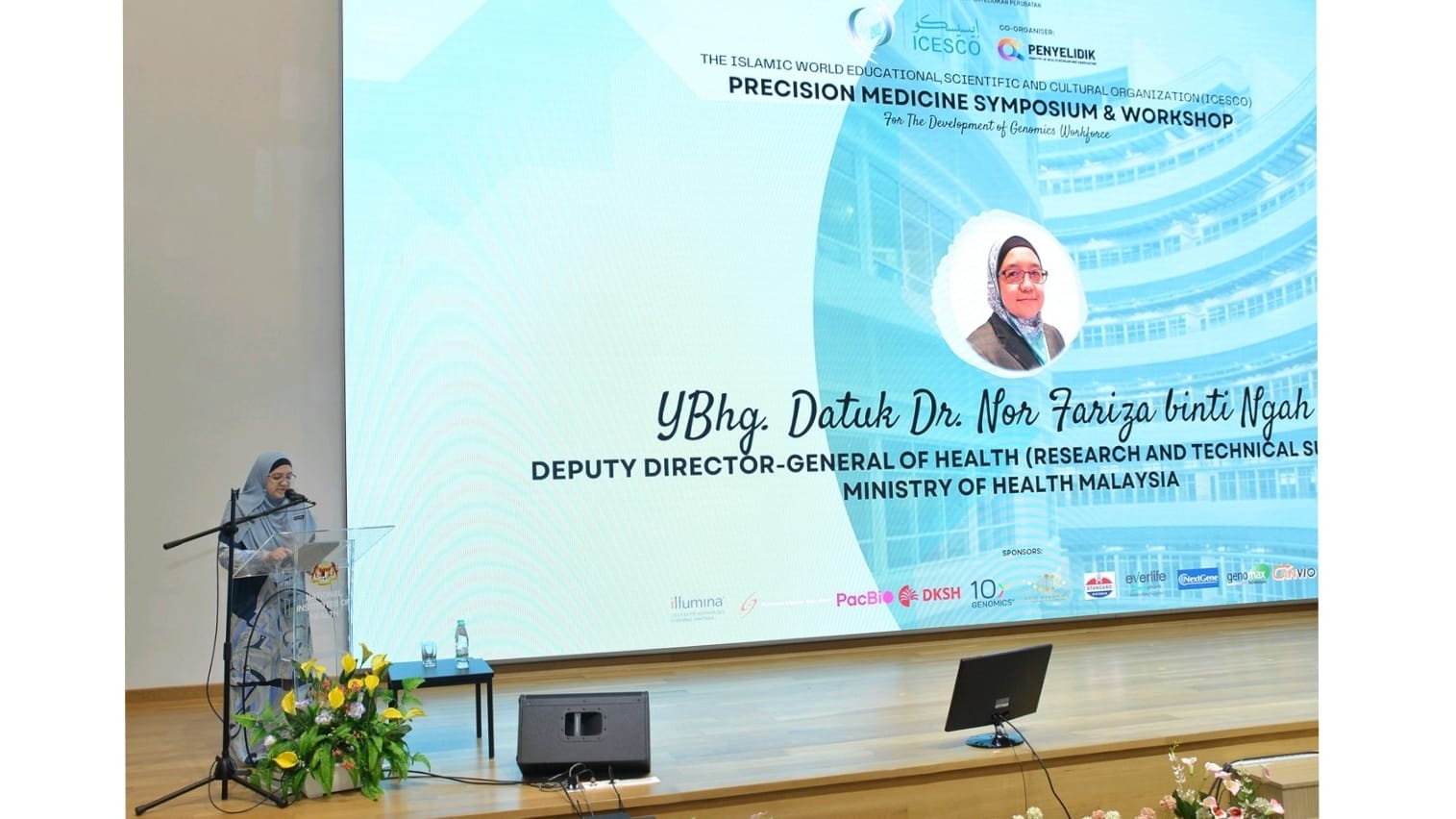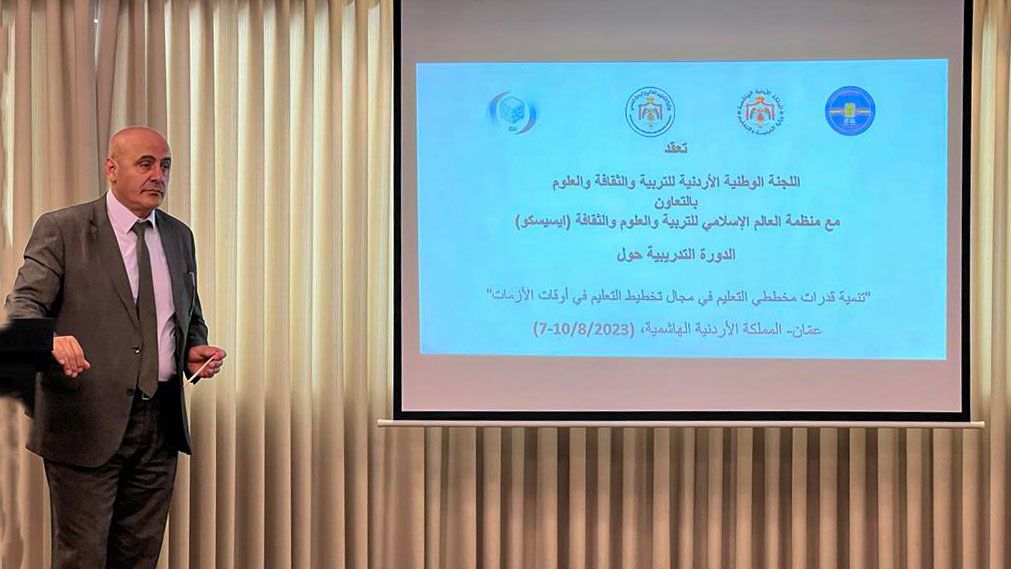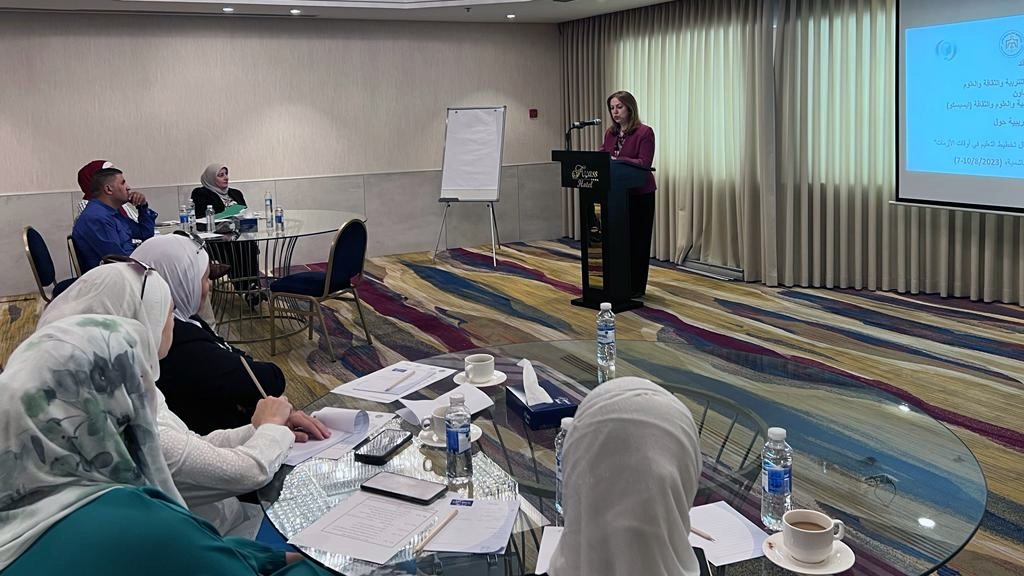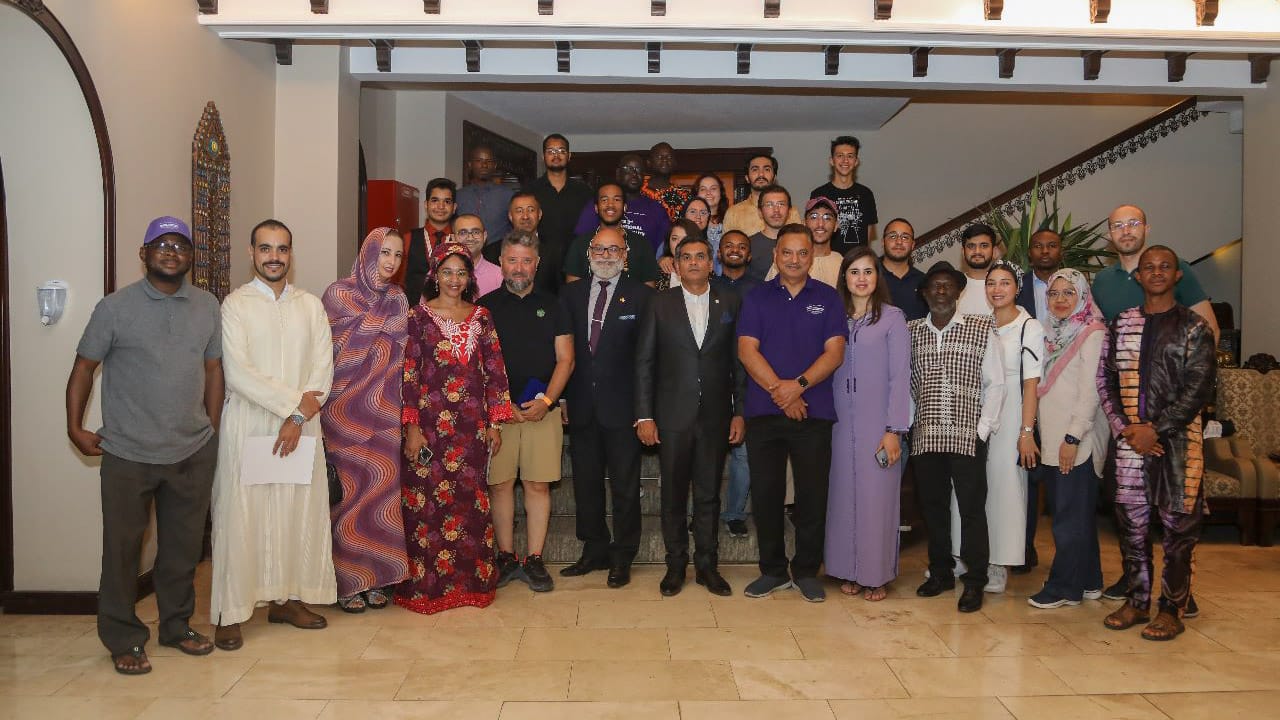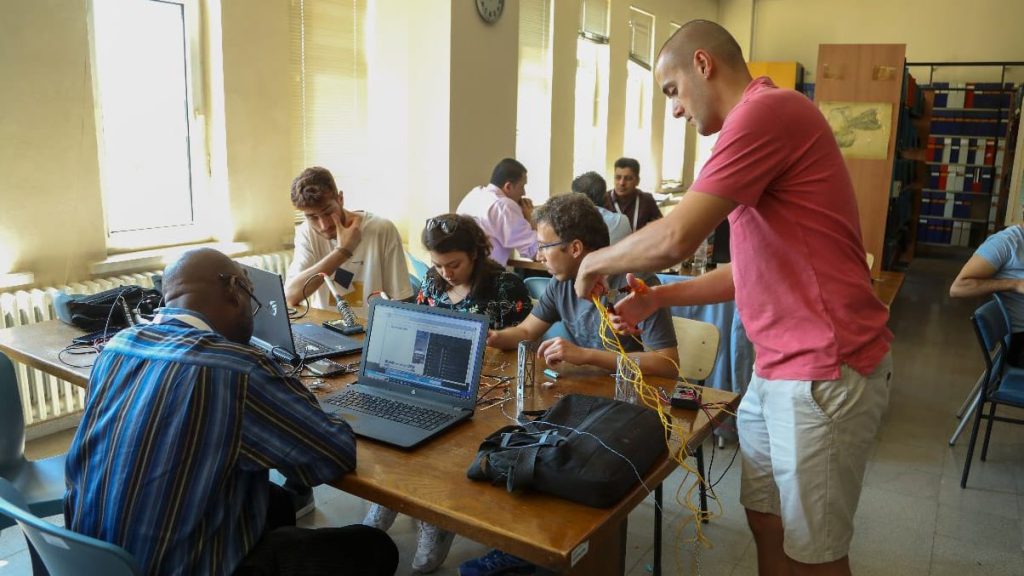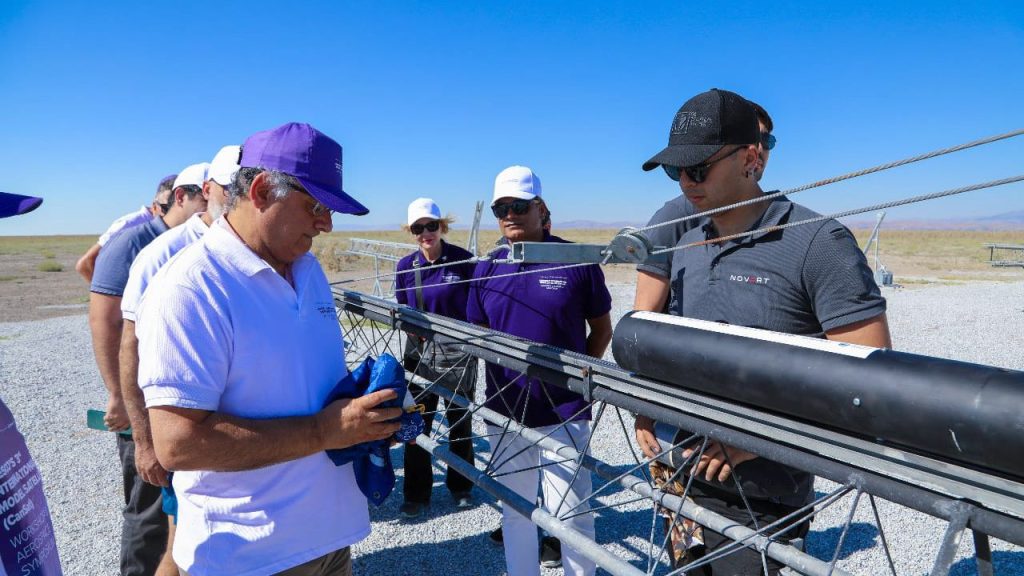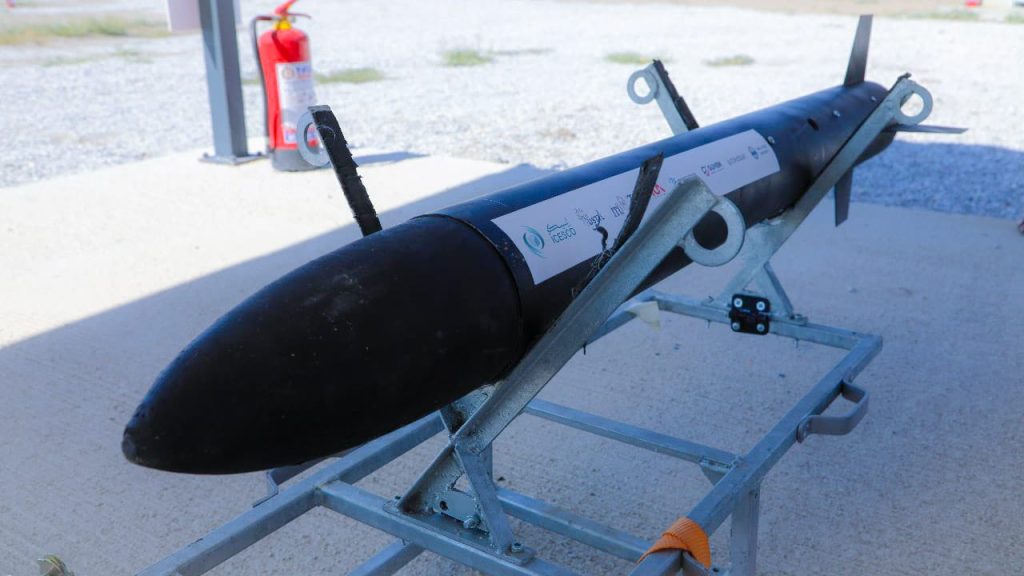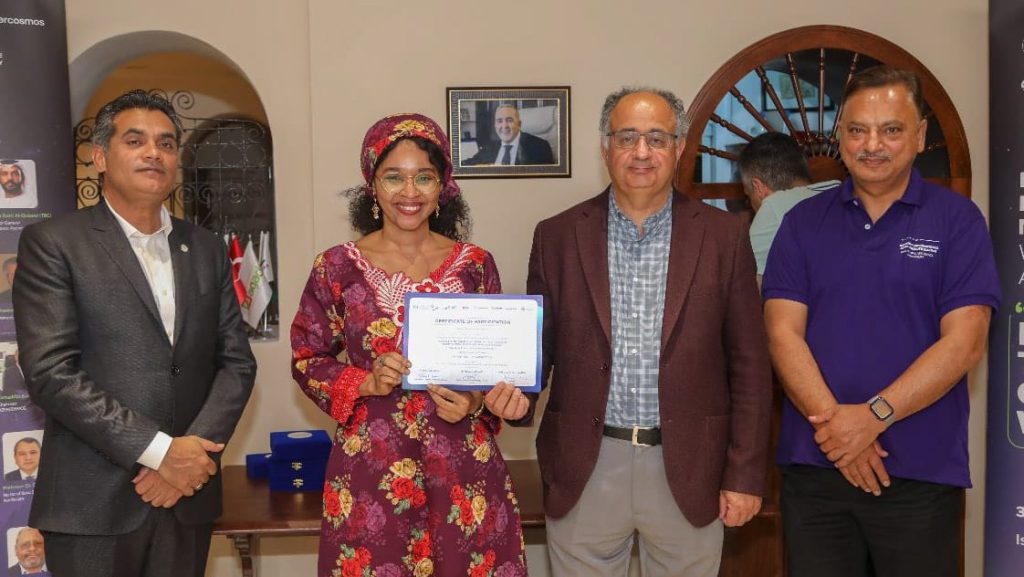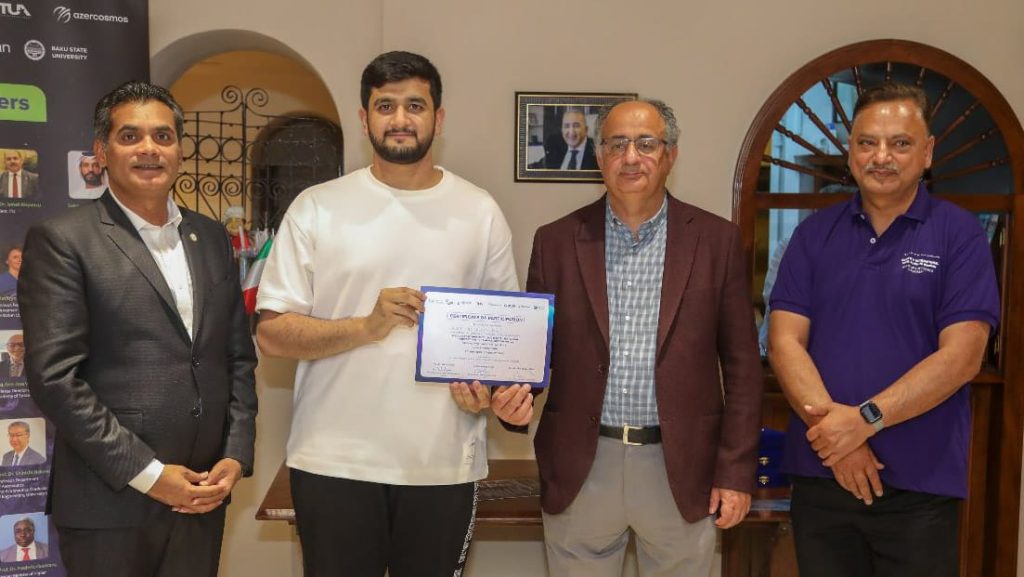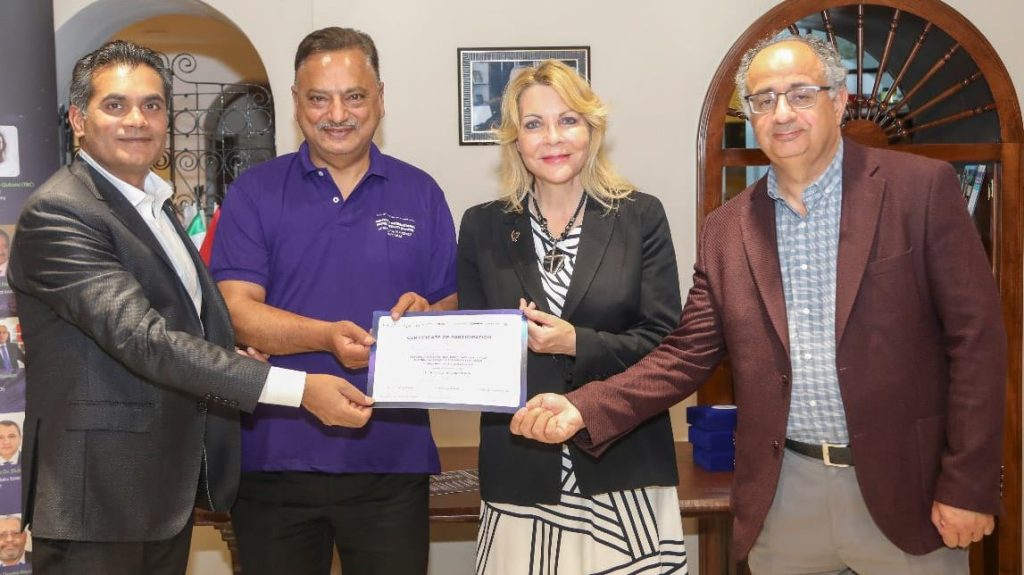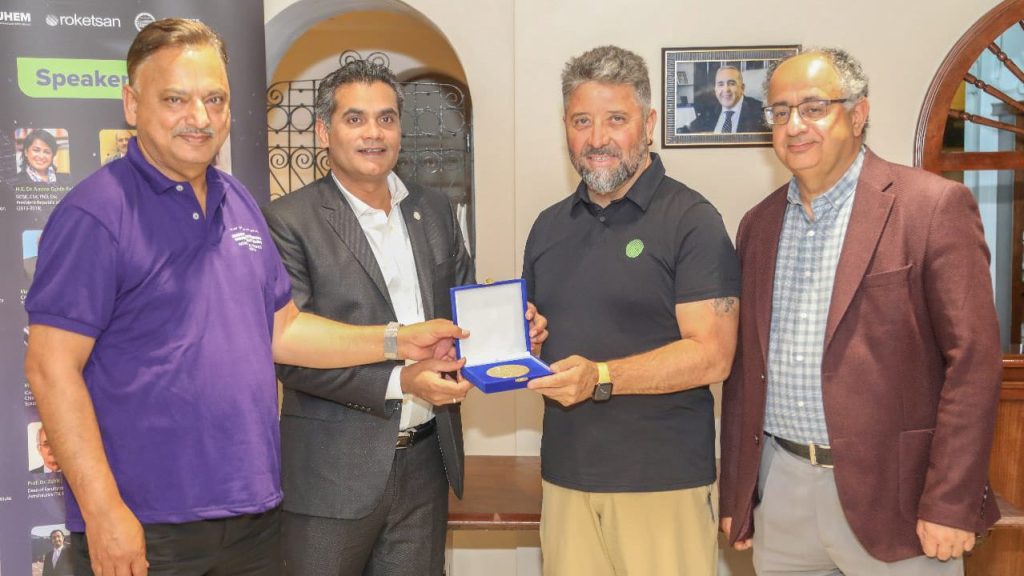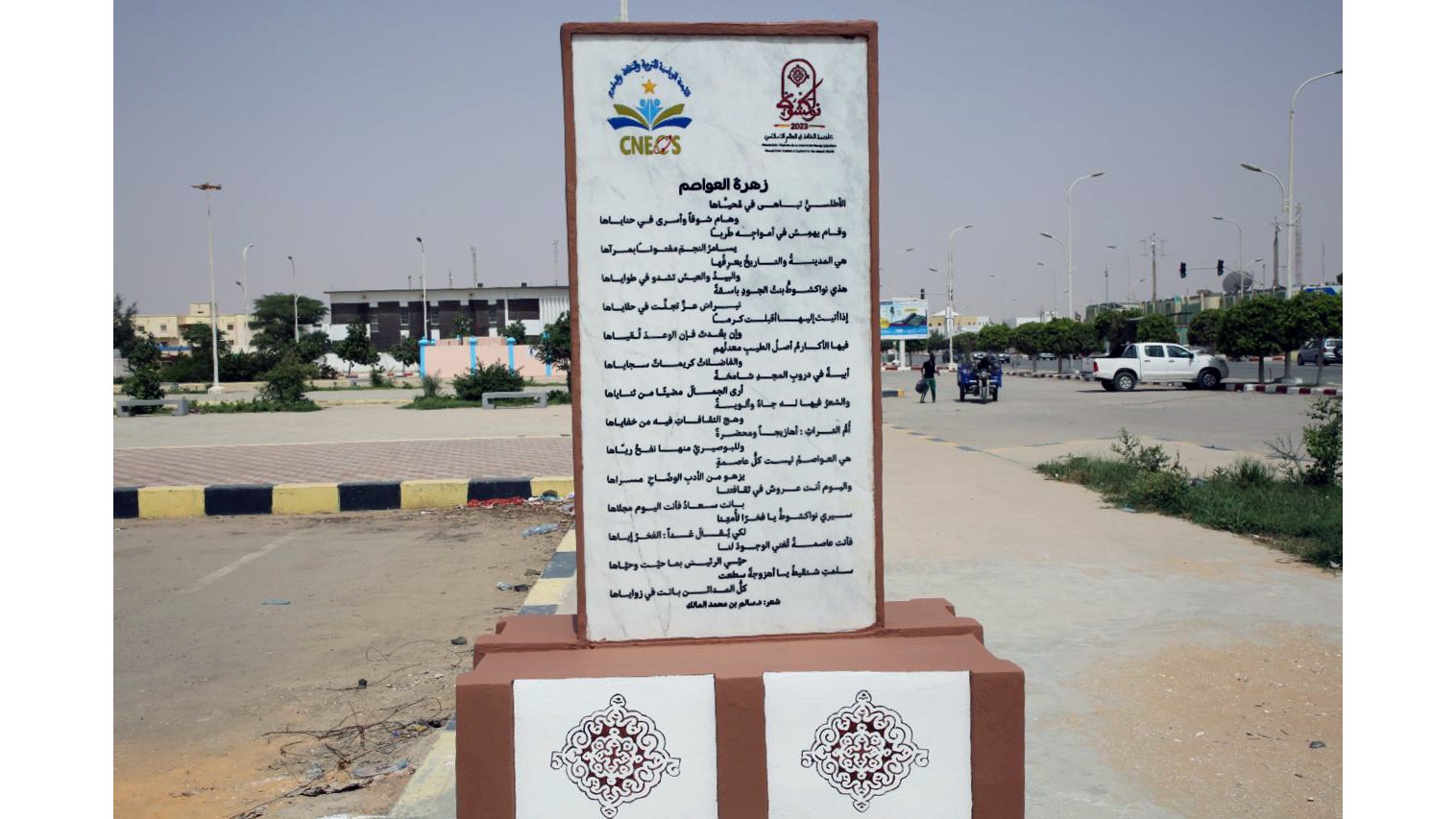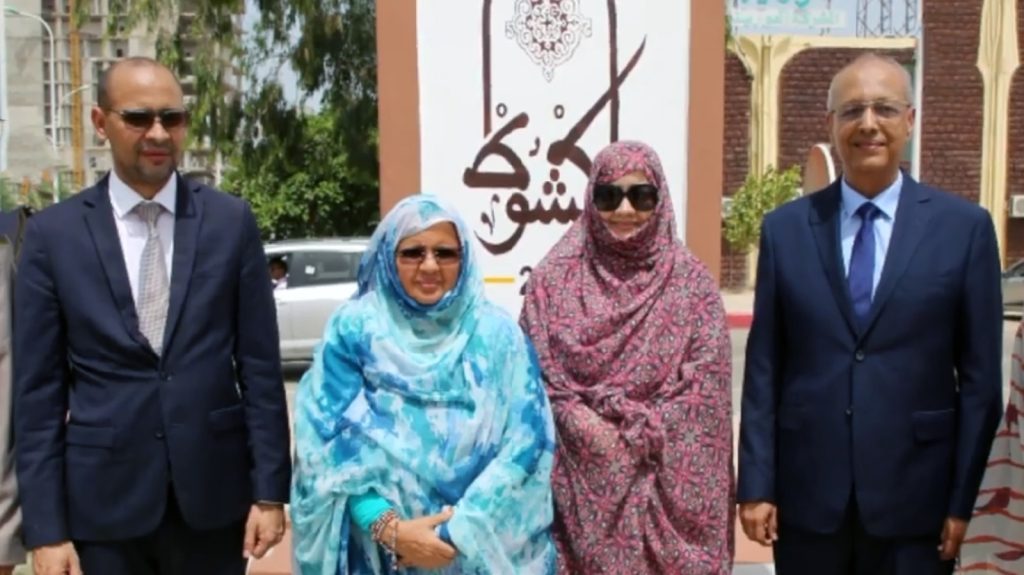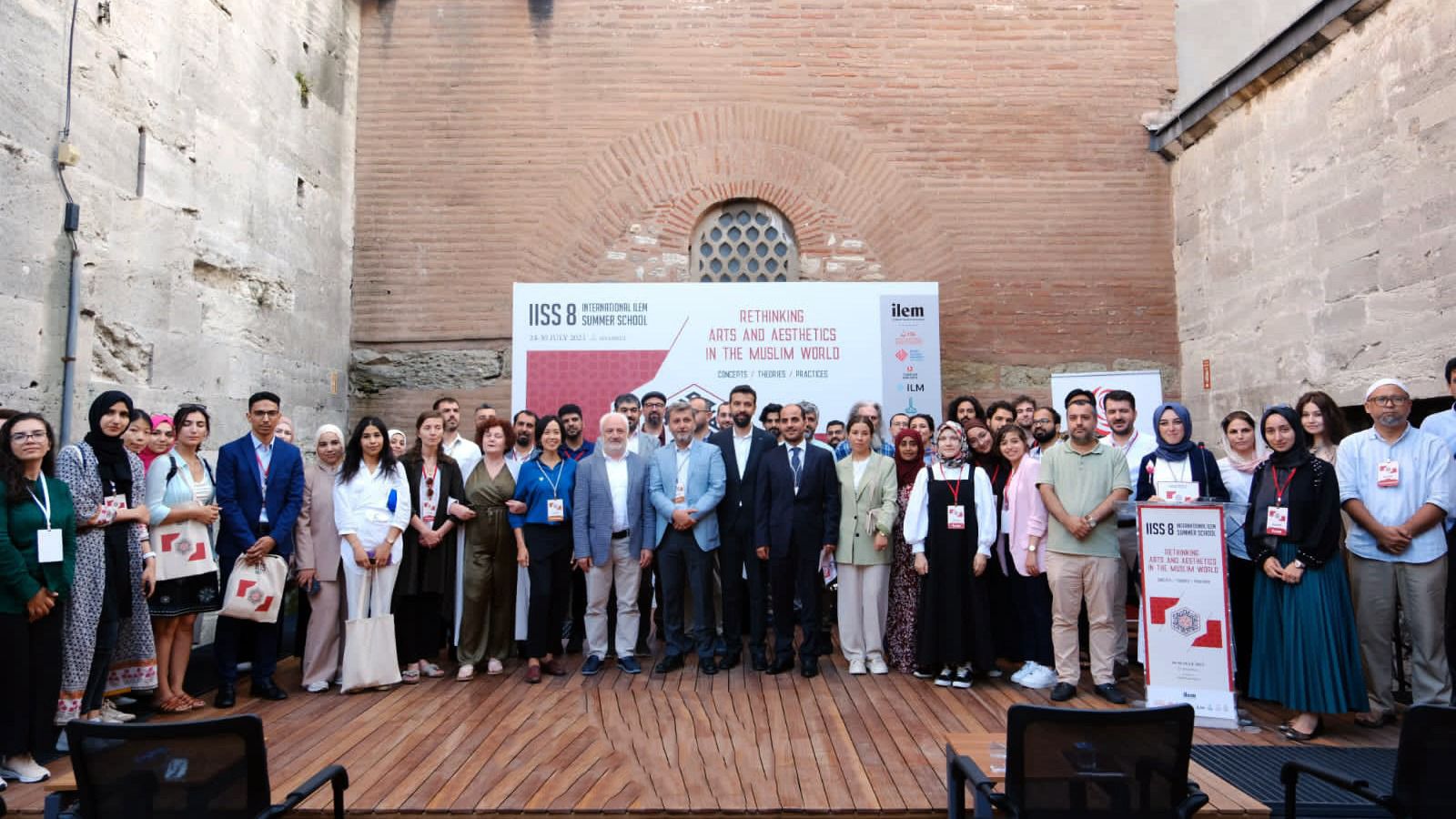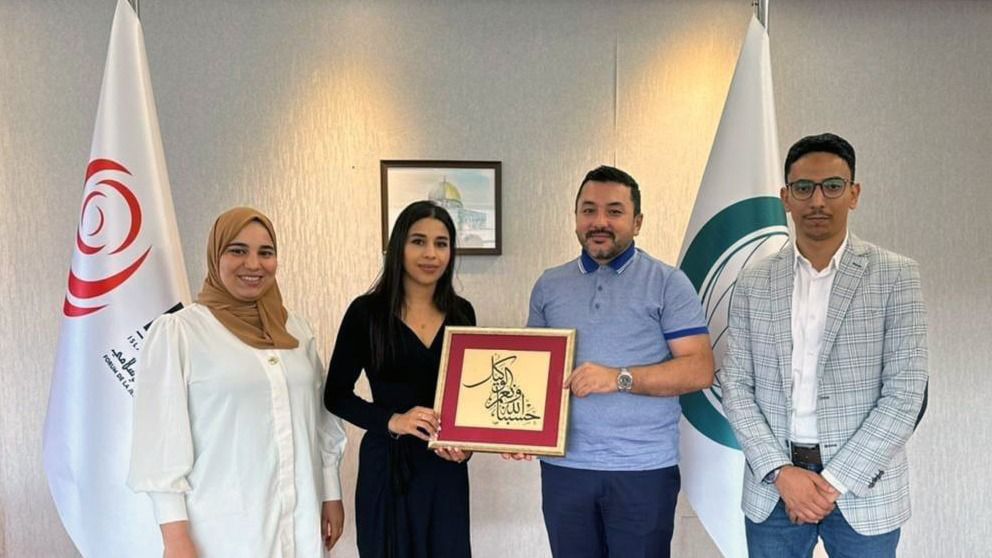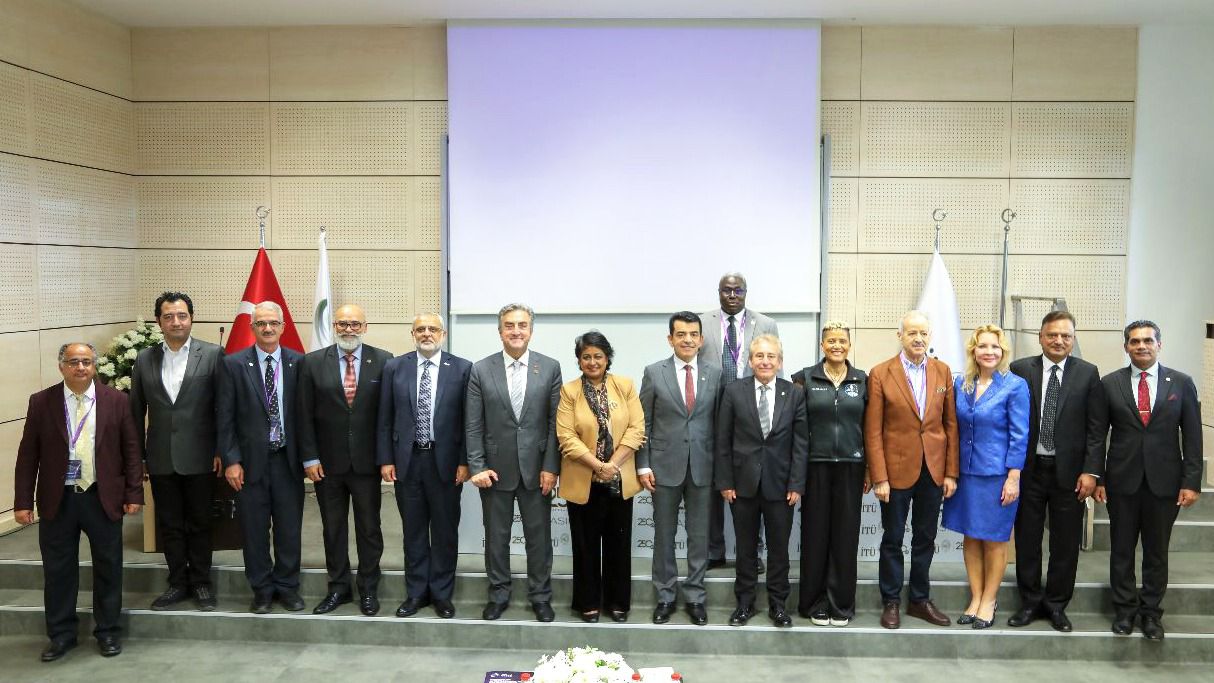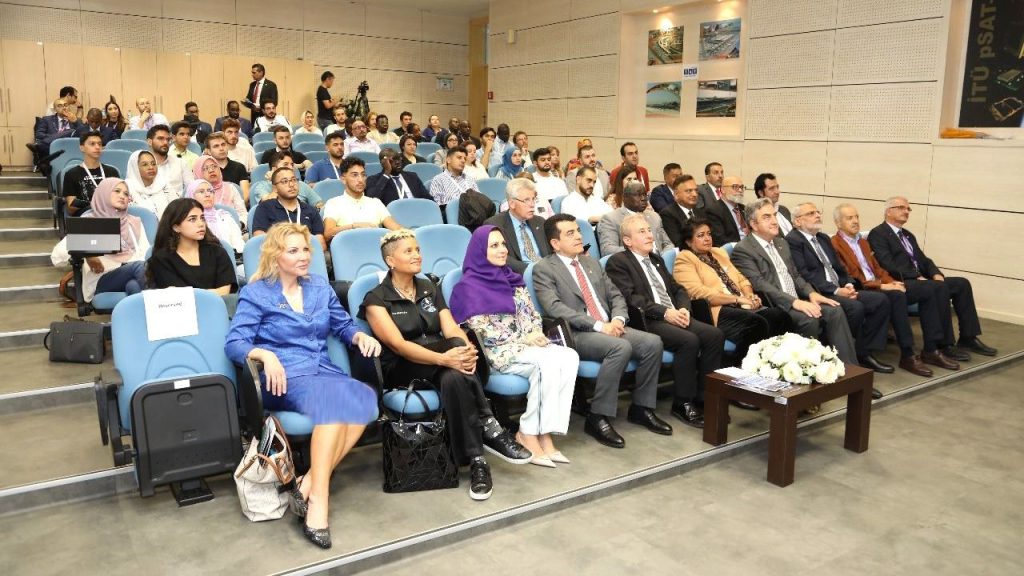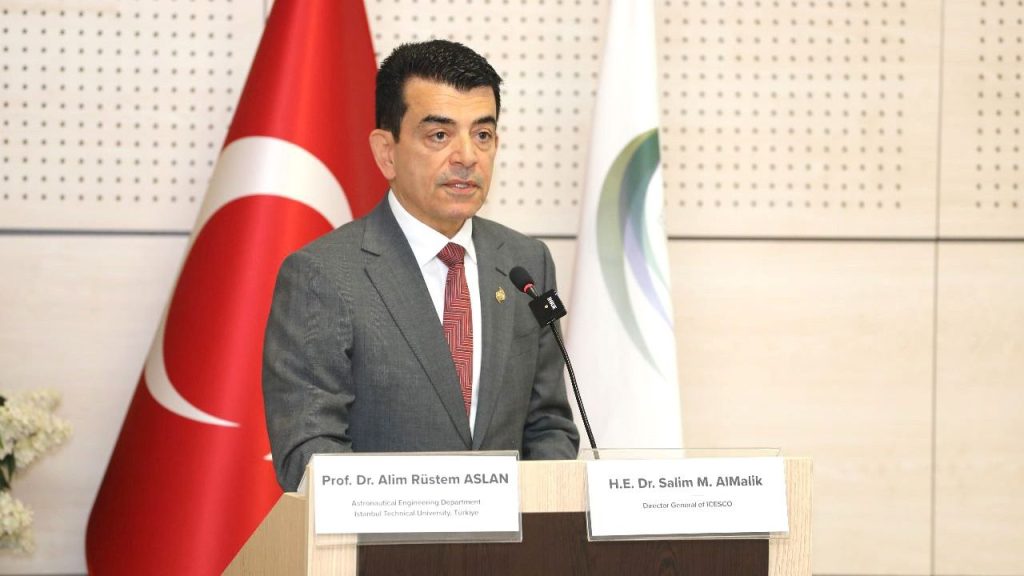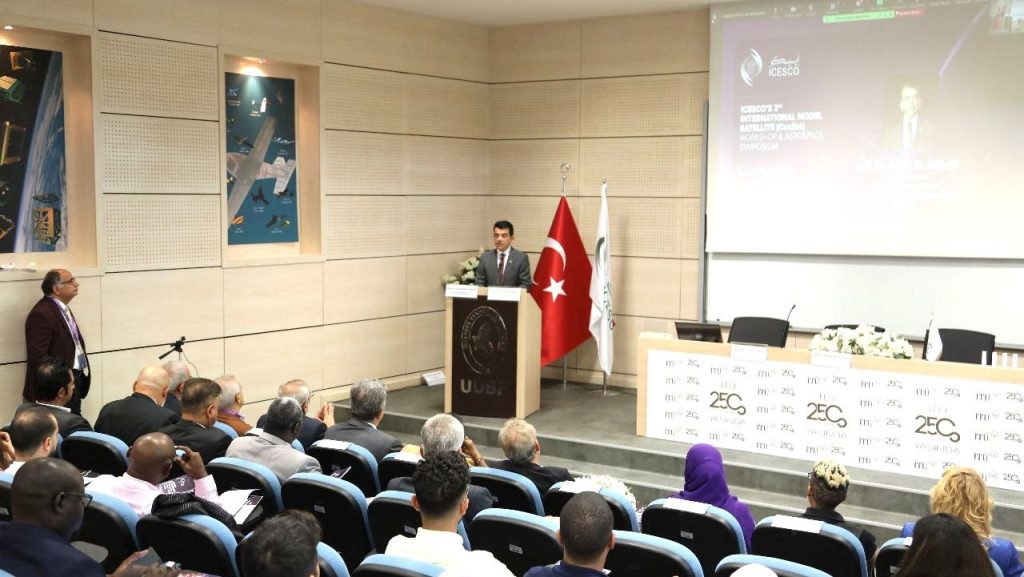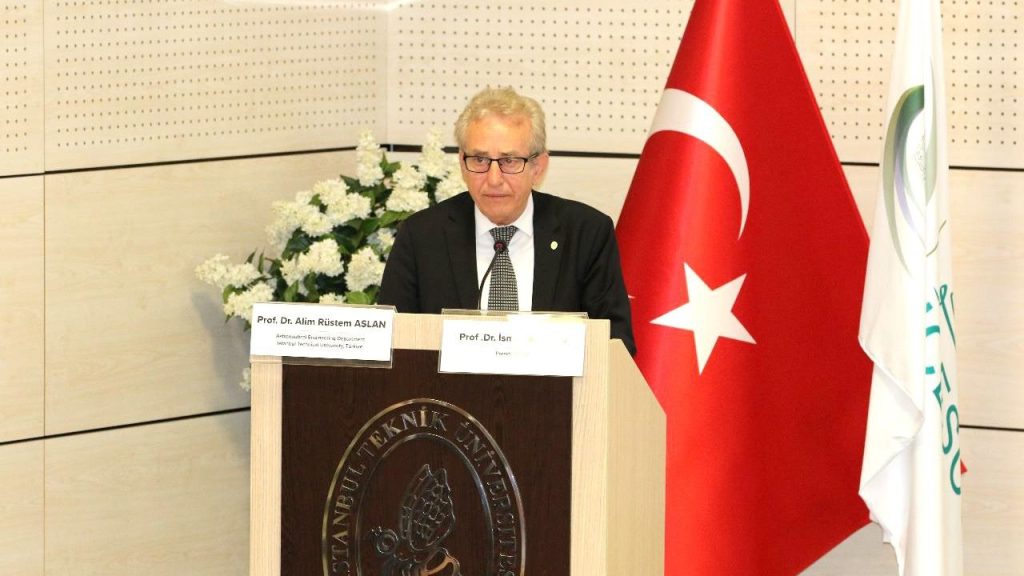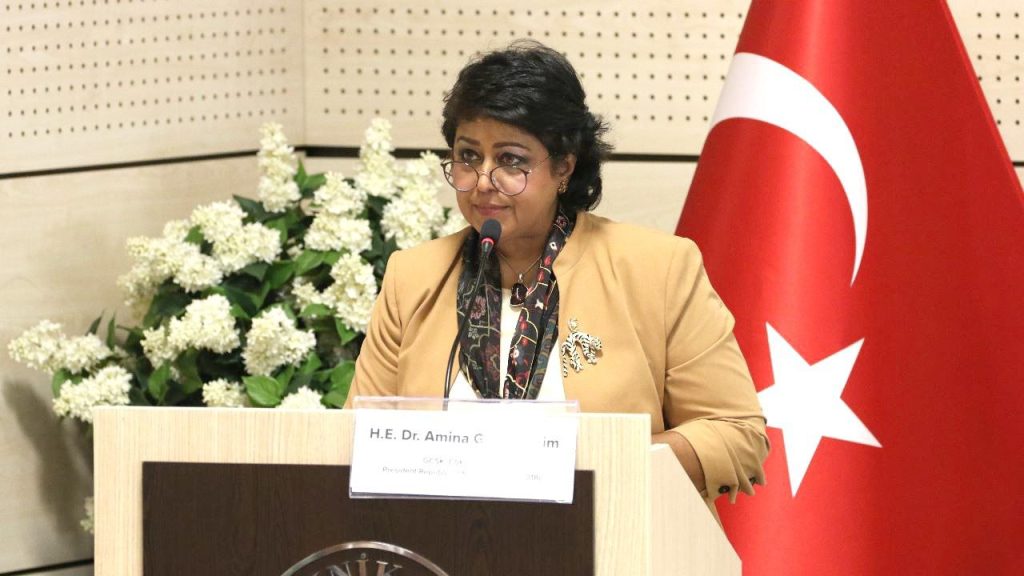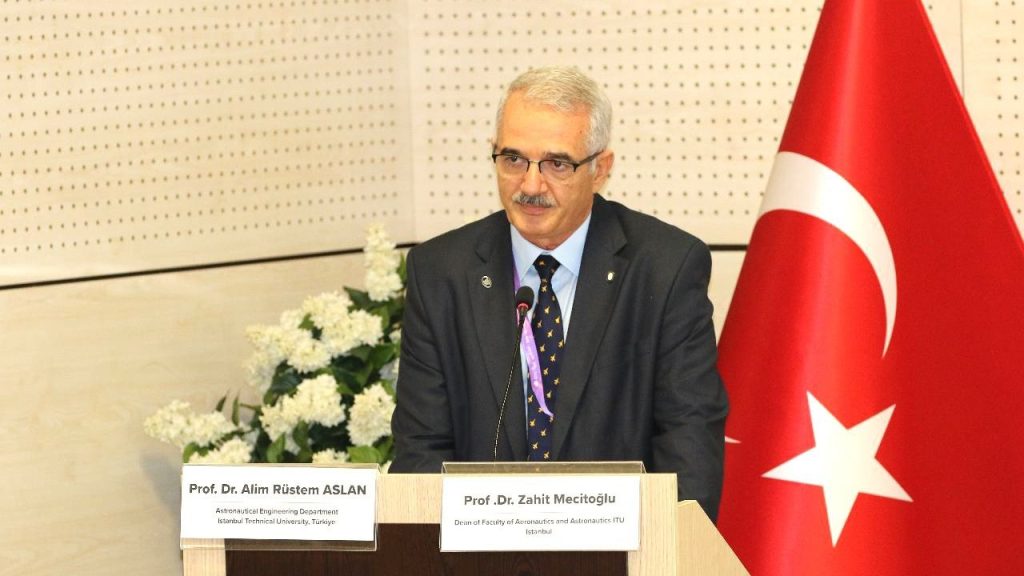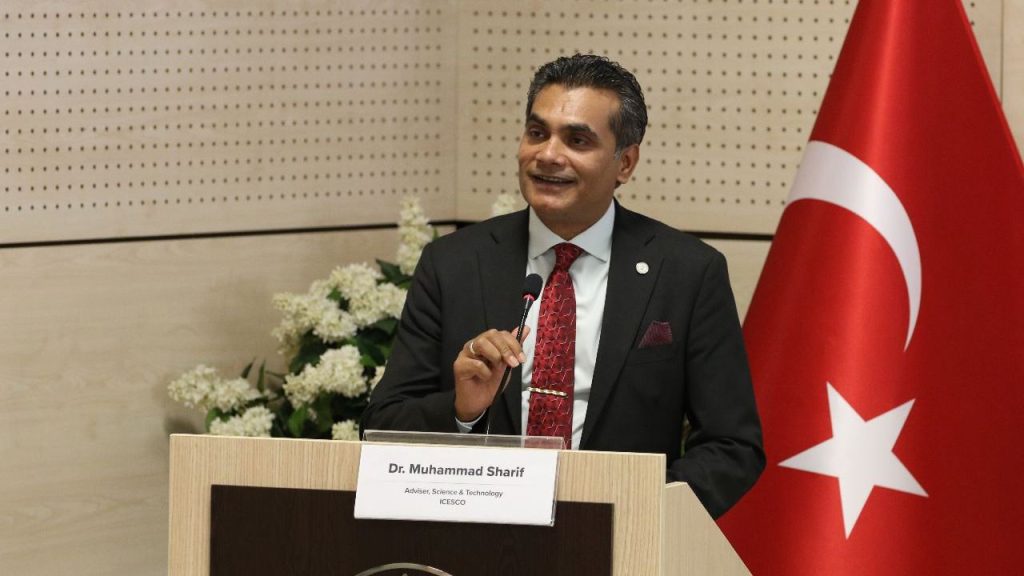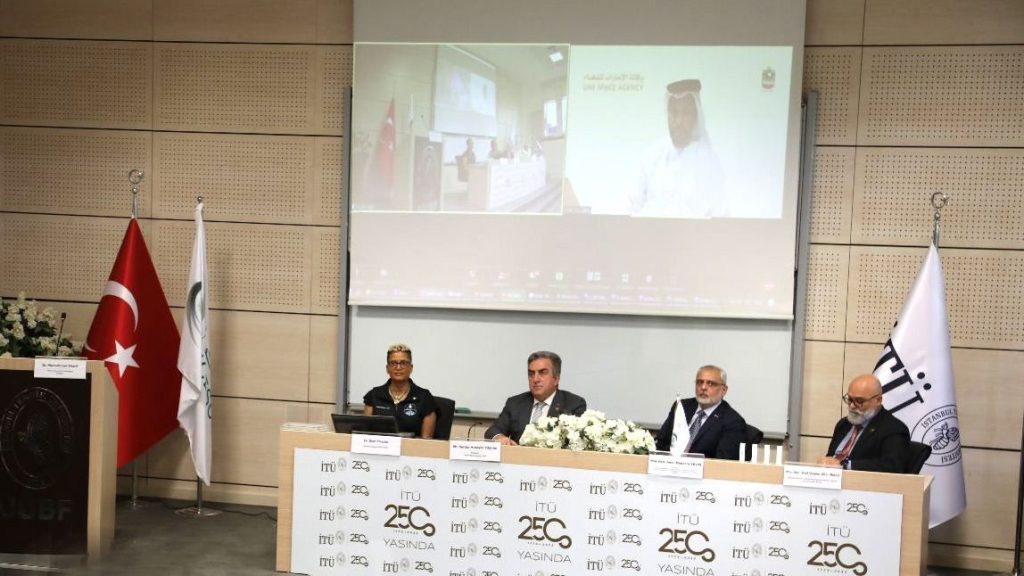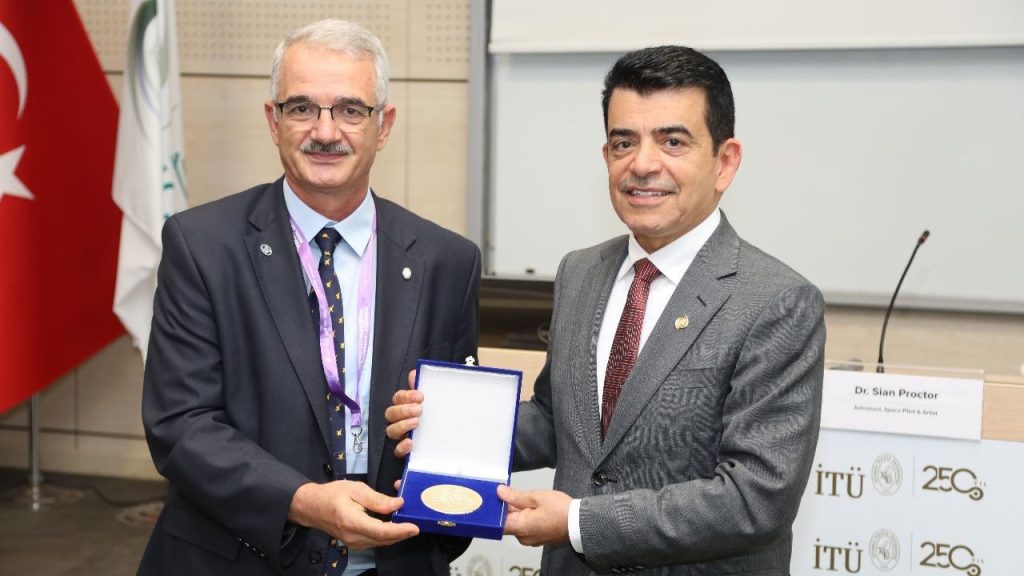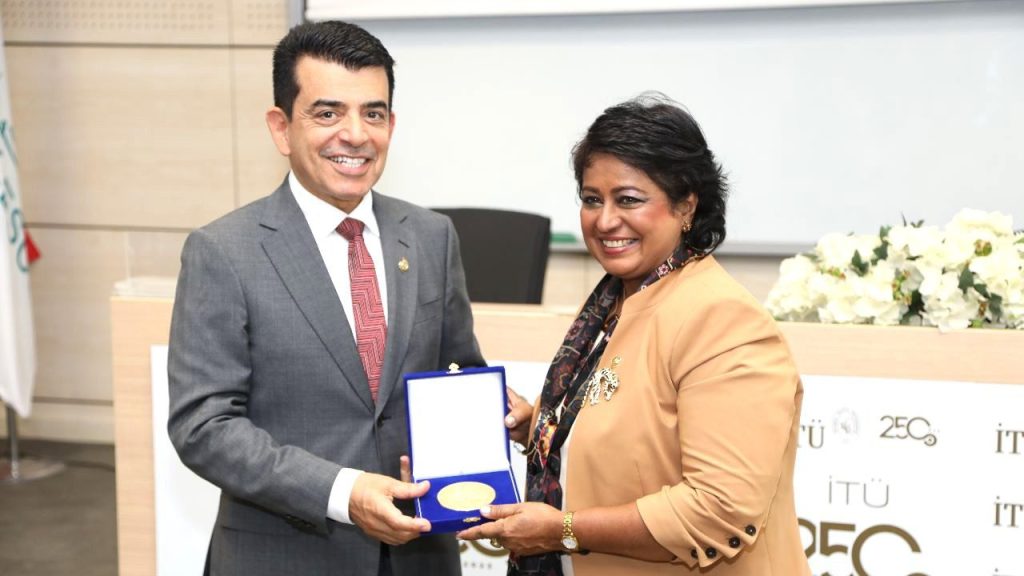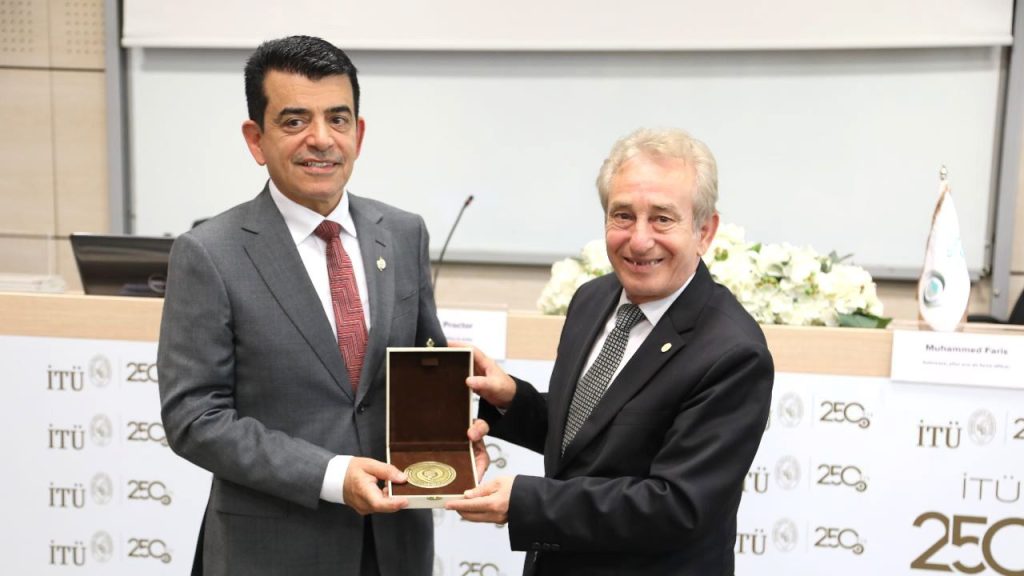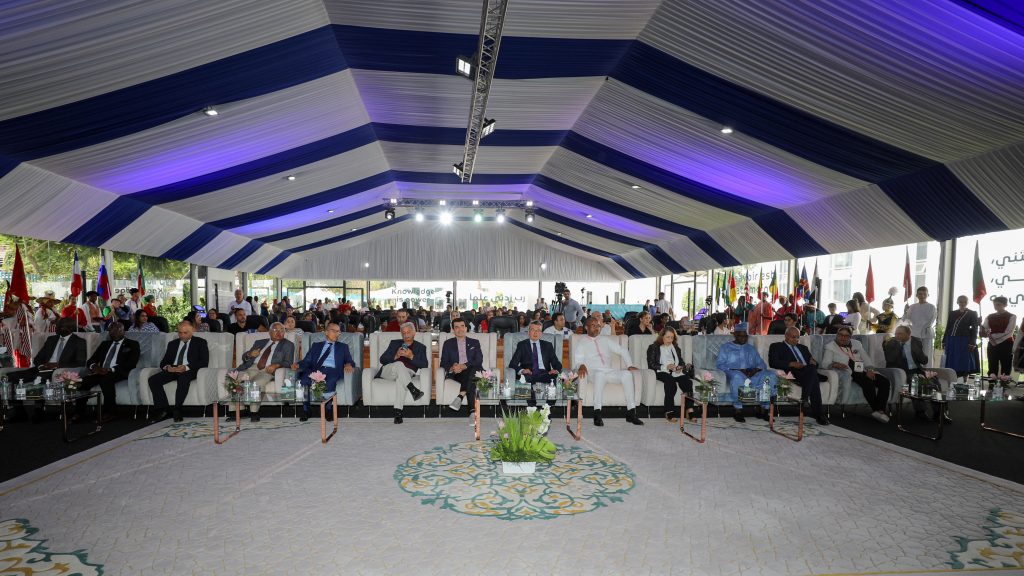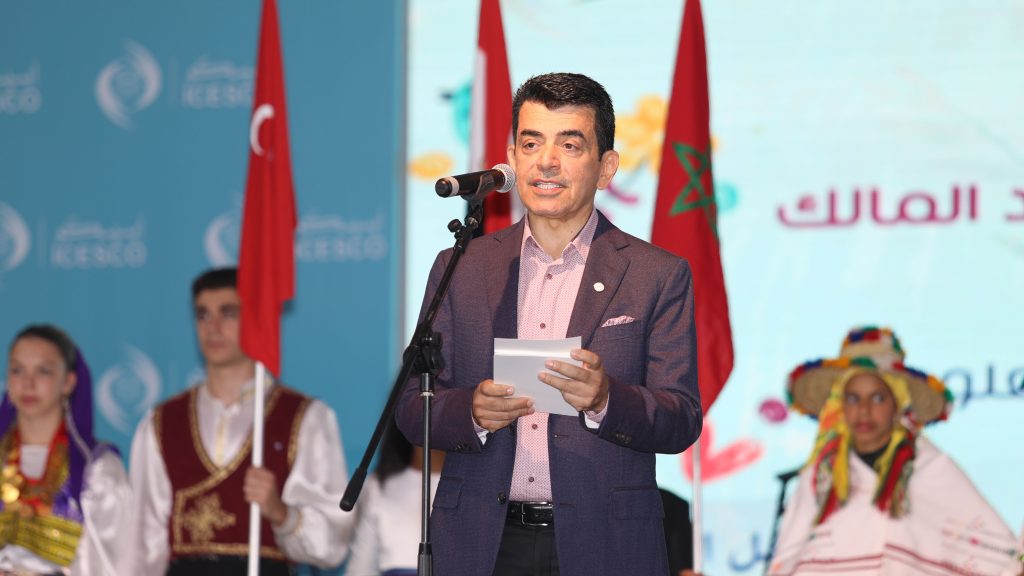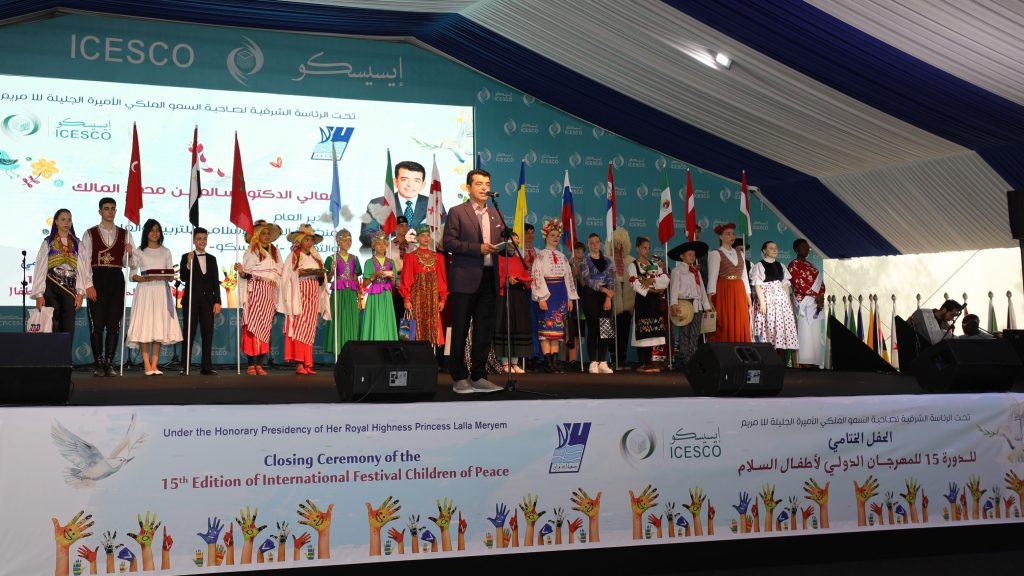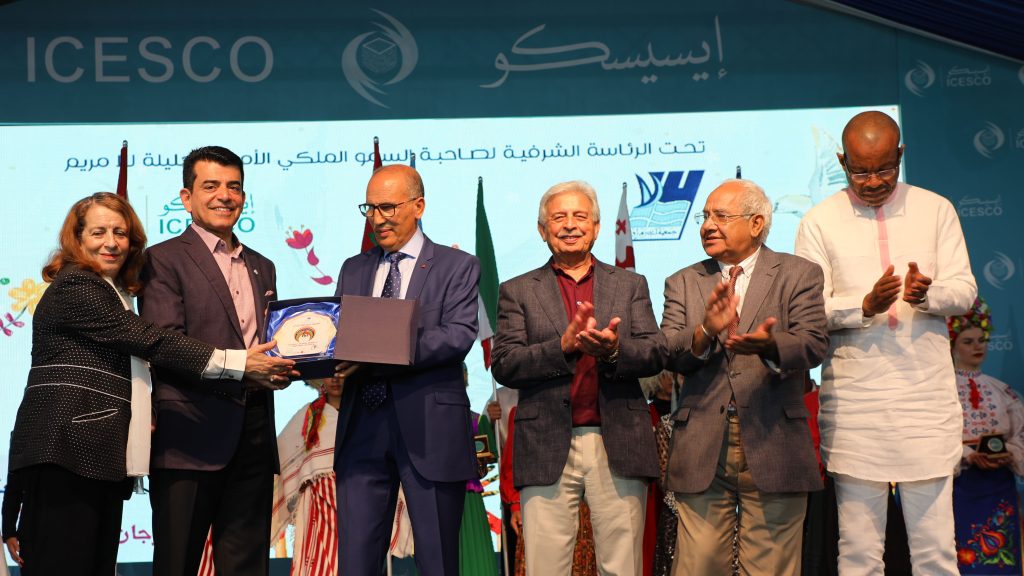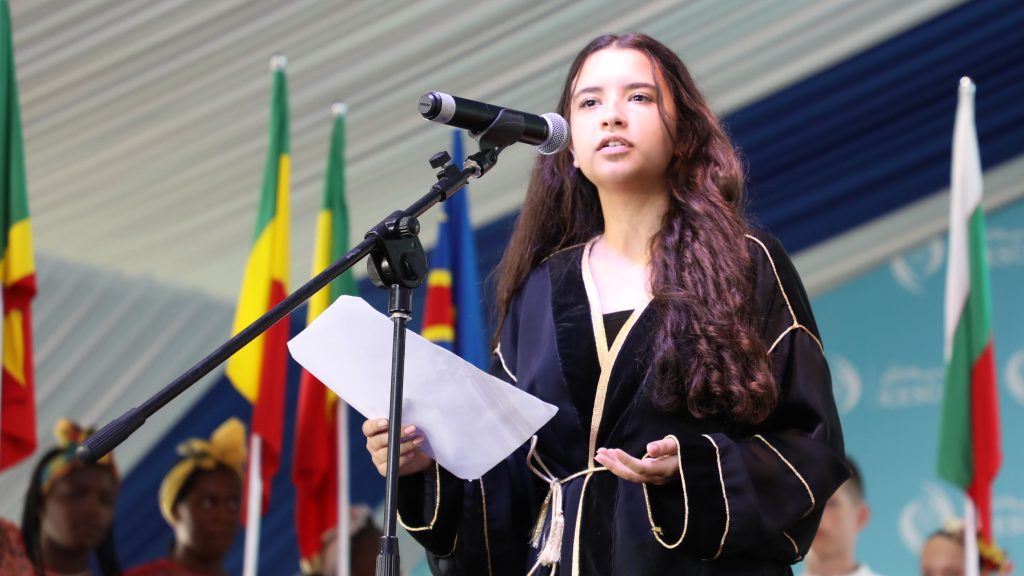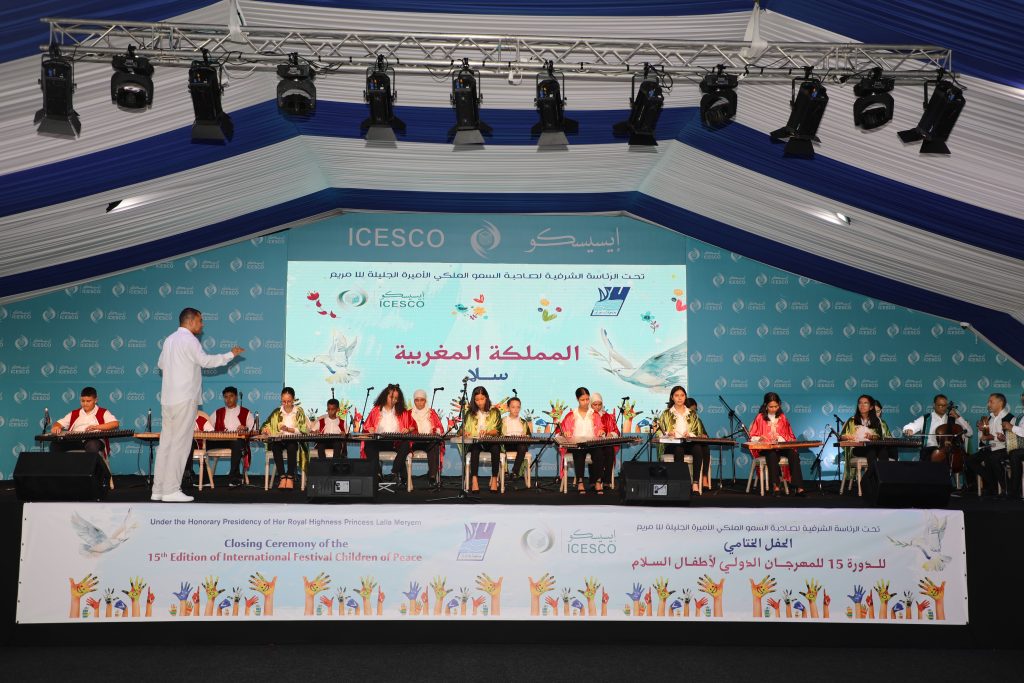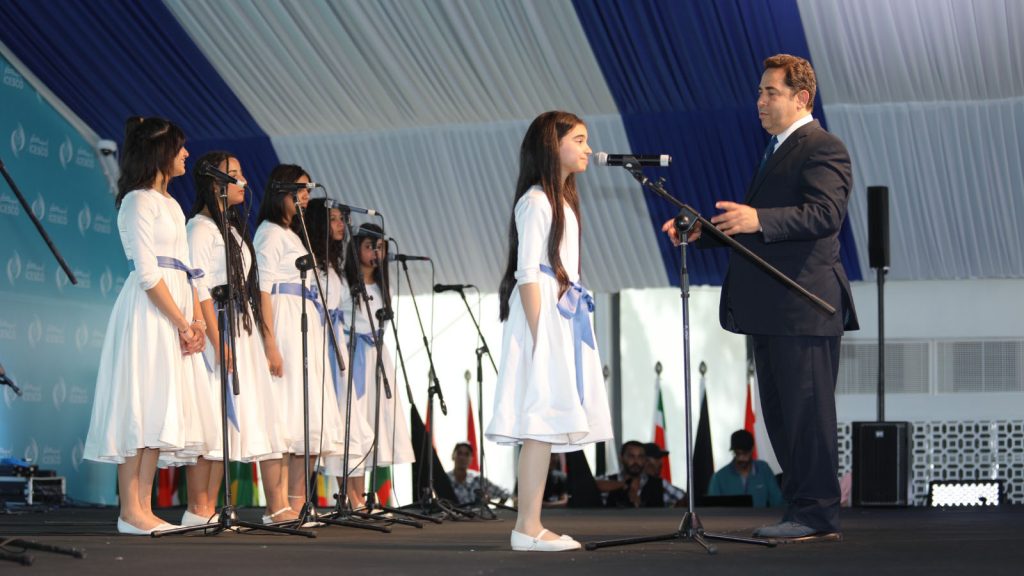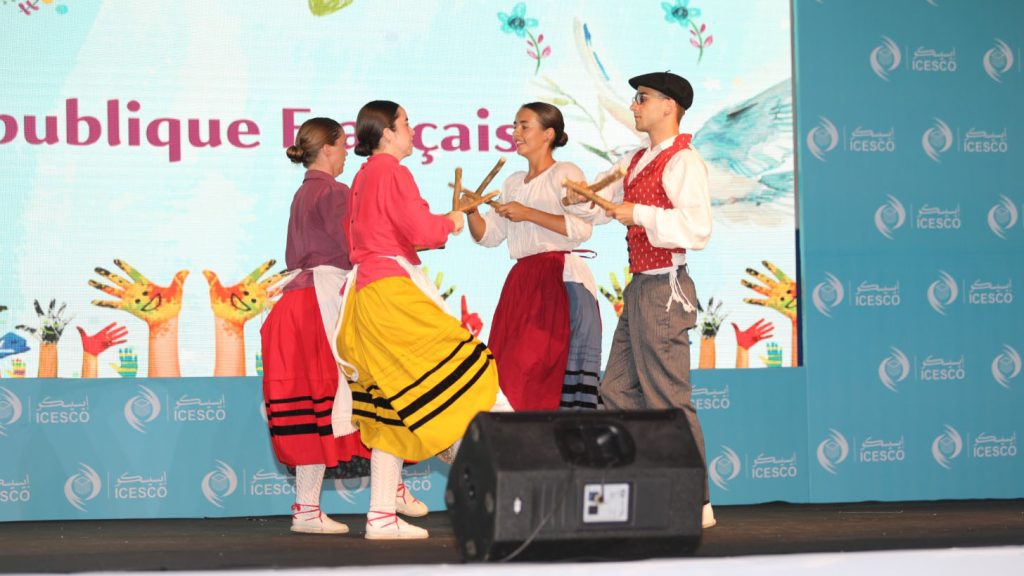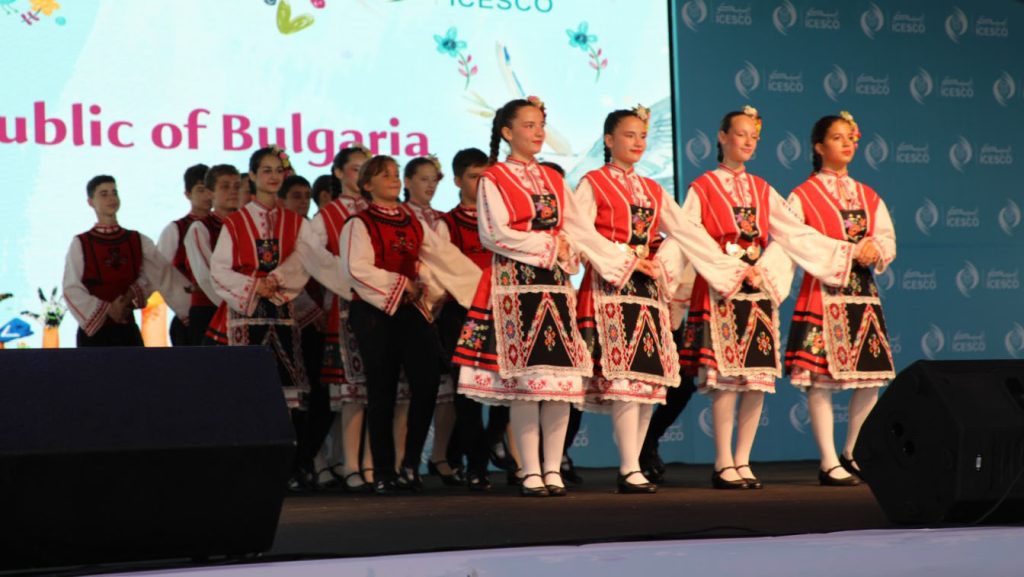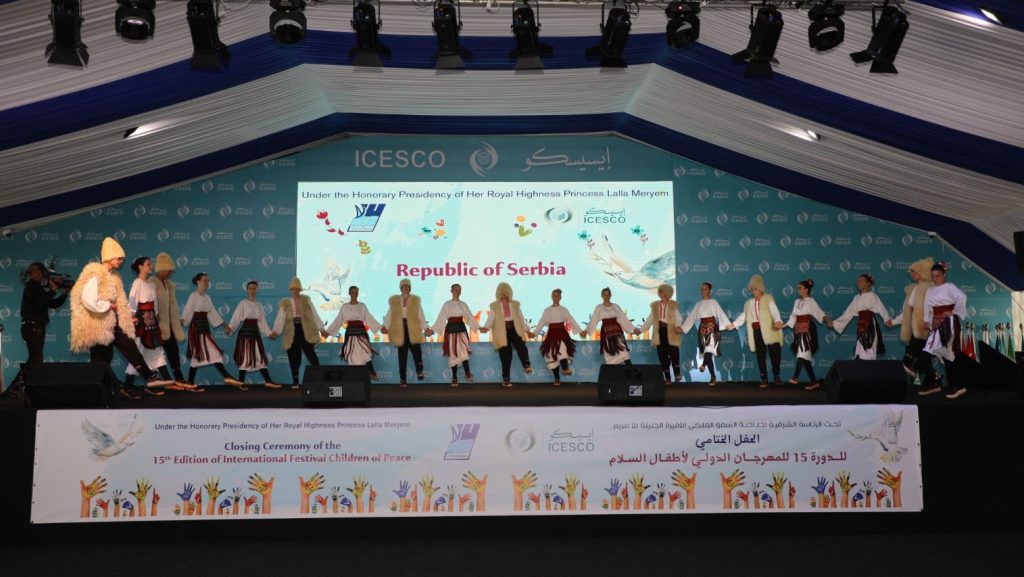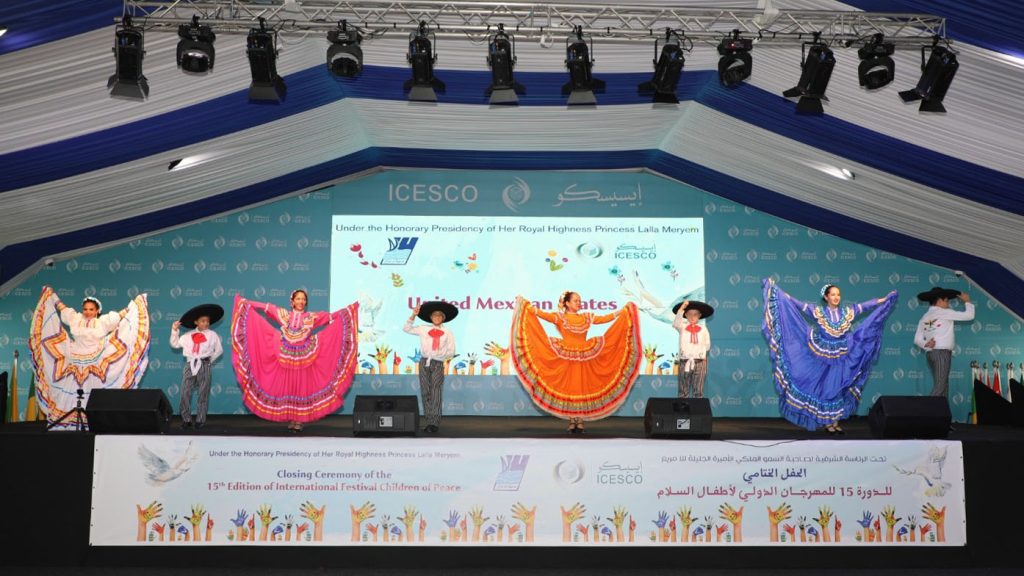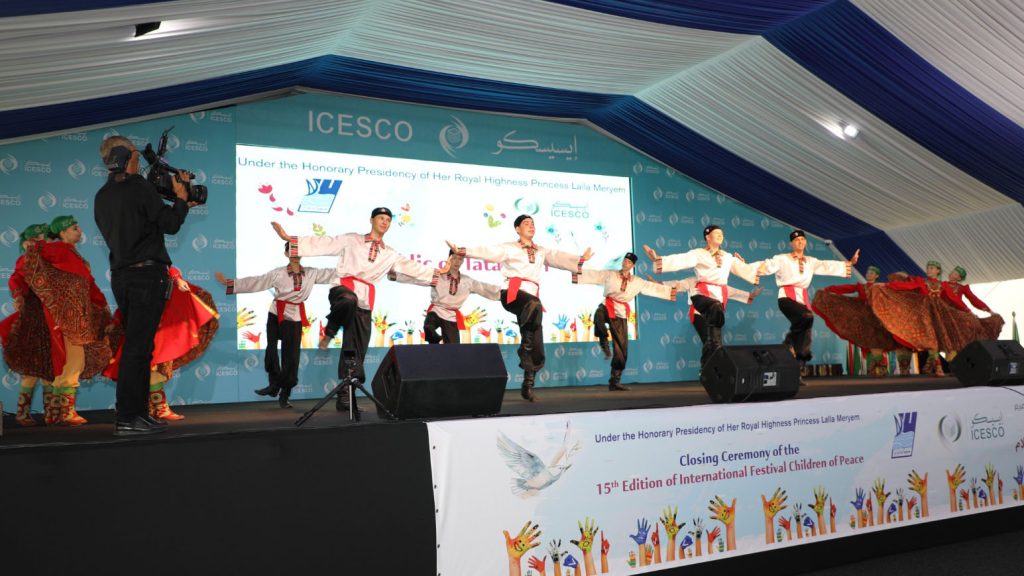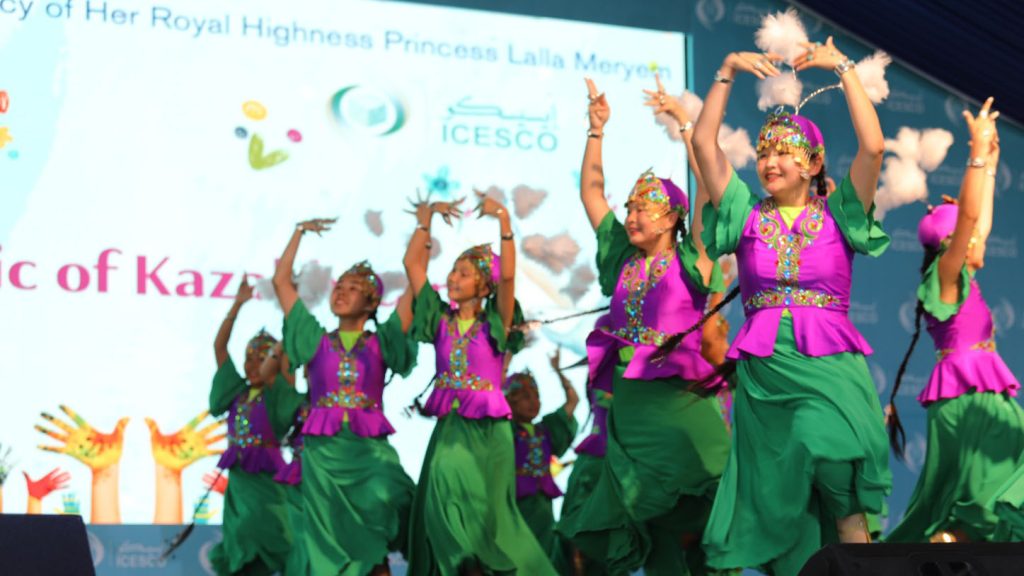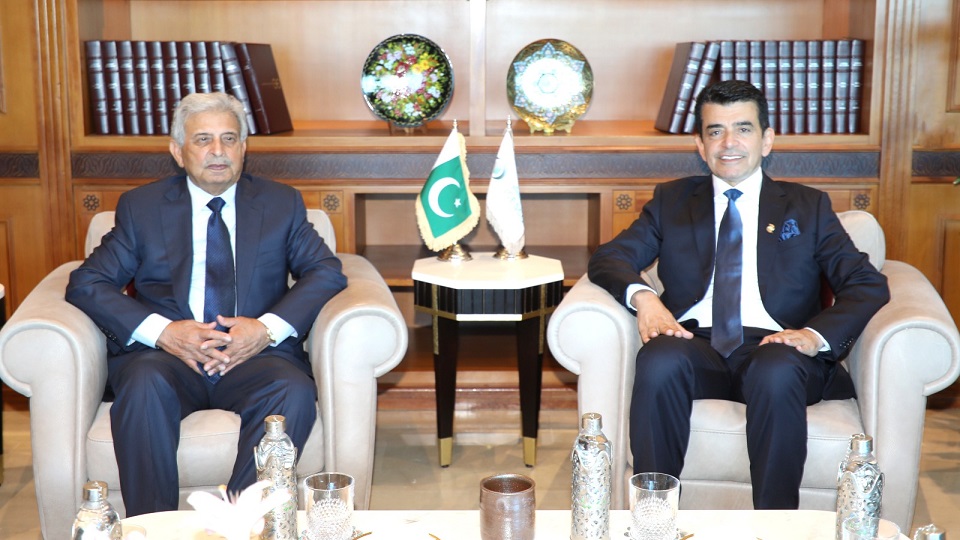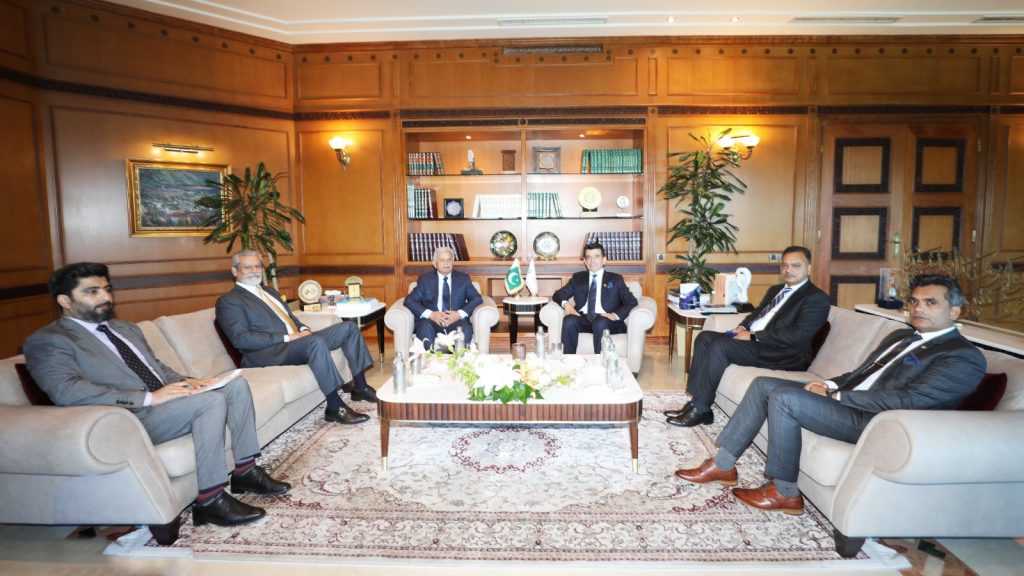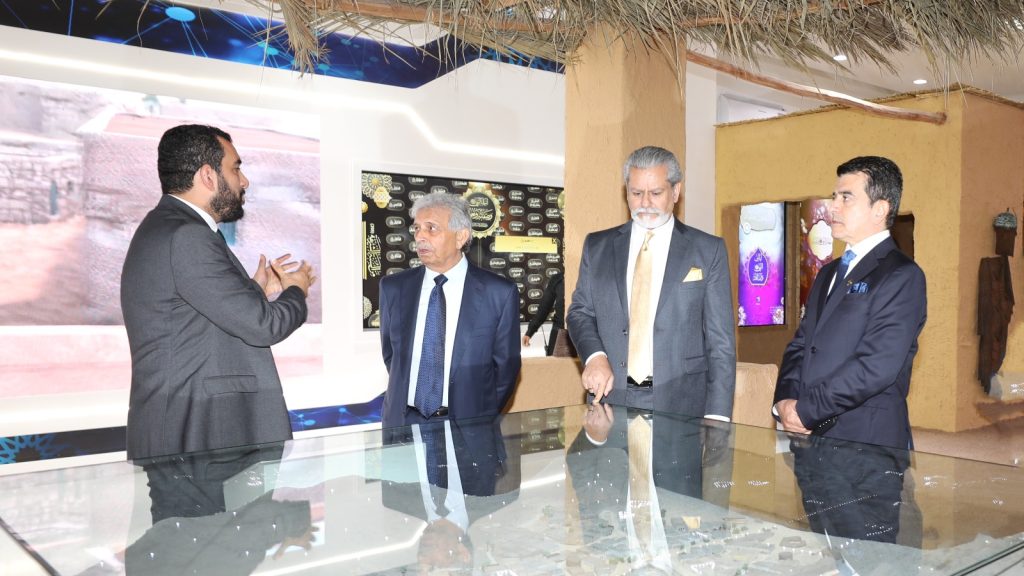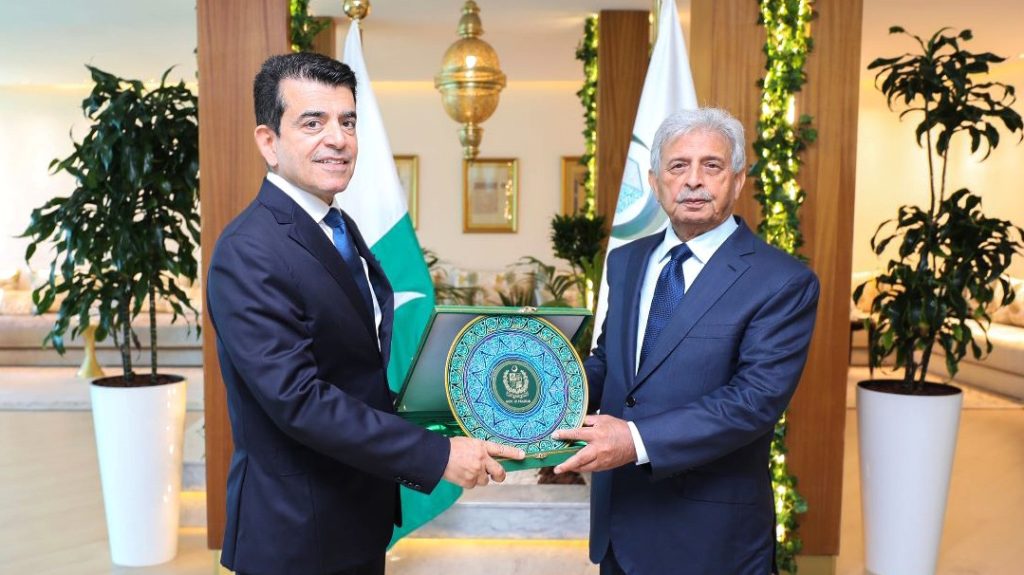The third session of the International Symposium on Space Sciences and the Training Workshop on Designing Educational Satellites (CANSAT), held by the Islamic World Educational, Scientific and Cultural Organization (ICESCO), in partnership with Istanbul Technical University, kicked off on Monday, July 31, 2023, in the Republic of Türkiye, under the theme “Building the Global Workforce for the Future,” in the presence of a high-level group of officials, astronauts and international experts in the field of space sciences, and with the participation of university students and researchers from 27 ICESCO Member States.
The opening session began with an address by Dr. Salim M. AlMalik, ICESCO Director-General (DG), who expressed his happiness at the large attending audience, which highlights the commitment of the Organization and its Member States to contribute to the development of areas of knowledge, innovation and cooperation in exploring space science.
Besides, Dr. AlMalik pointed out that ICESCO seeks to strengthen youth capacities through initiatives and programmes, most notably the proclamation of ICESCO’s Year of Youth, under the patronage of His Excellency President Abdel Fattah Al-Sissi, President of the Arab Republic of Egypt.
ICESCO DG also noted that the Organization seeks through cooperation with leading universities to promote scientific and technological progress in its Member States and raise awareness of the need to sponsor and advance the field of space science, adding that the Organization aims to enrich scientific knowledge and facilitate the prosperity of young people to become future leaders in space science.
For his part, Dr. İsmail Koyuncu, President of Istanbul Technical University, during his address delivered on his behalf by Dr. Ali Deniz, Vice-President of the University, highlighted the efforts made to develop space science, technology and industry by supporting scientific laboratories and entrepreneurship in the field of space science aimed at contributing to the development of the leading technological innovations in Türkiye.
In her address, Ms. Ameenah Gurib-Fakim, former President of the Republic of Mauritius, reviewed a number of the most important discoveries and inventions that transformed the history of humanity throughout the ages, highlighting that it is difficult to prevent man from accessing knowledge, including space exploration, which turned from a race into a journey and a march towards sustainable development.
Dr. Zahit Mecitoglu, Dean of the Faculty of Aeronautics and Astronautics at Istanbul Technical University, welcomed the participants and stressed the University’s willingness to enhance cooperation with ICESCO Member States.
The first session touched on developing the capacities of the next generation in space science while the second session tackled manpower development in the field of space science applications. The third session discussed the relationship between space science and the goals of sustainable development in addition to a discussion session with a group of astronauts.
Afterward, the six-day workshop kicked off in Istanbul and Aksaray, aimed at training university students and researchers on designing and manufacturing an educational satellite (CANSAT) and learning its various applications and the importance of space science and its applications to building a better future for all.
